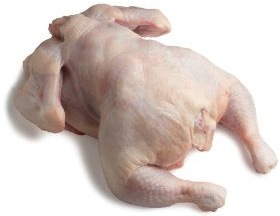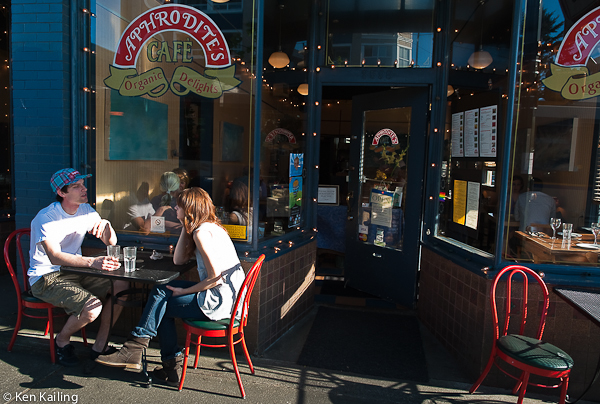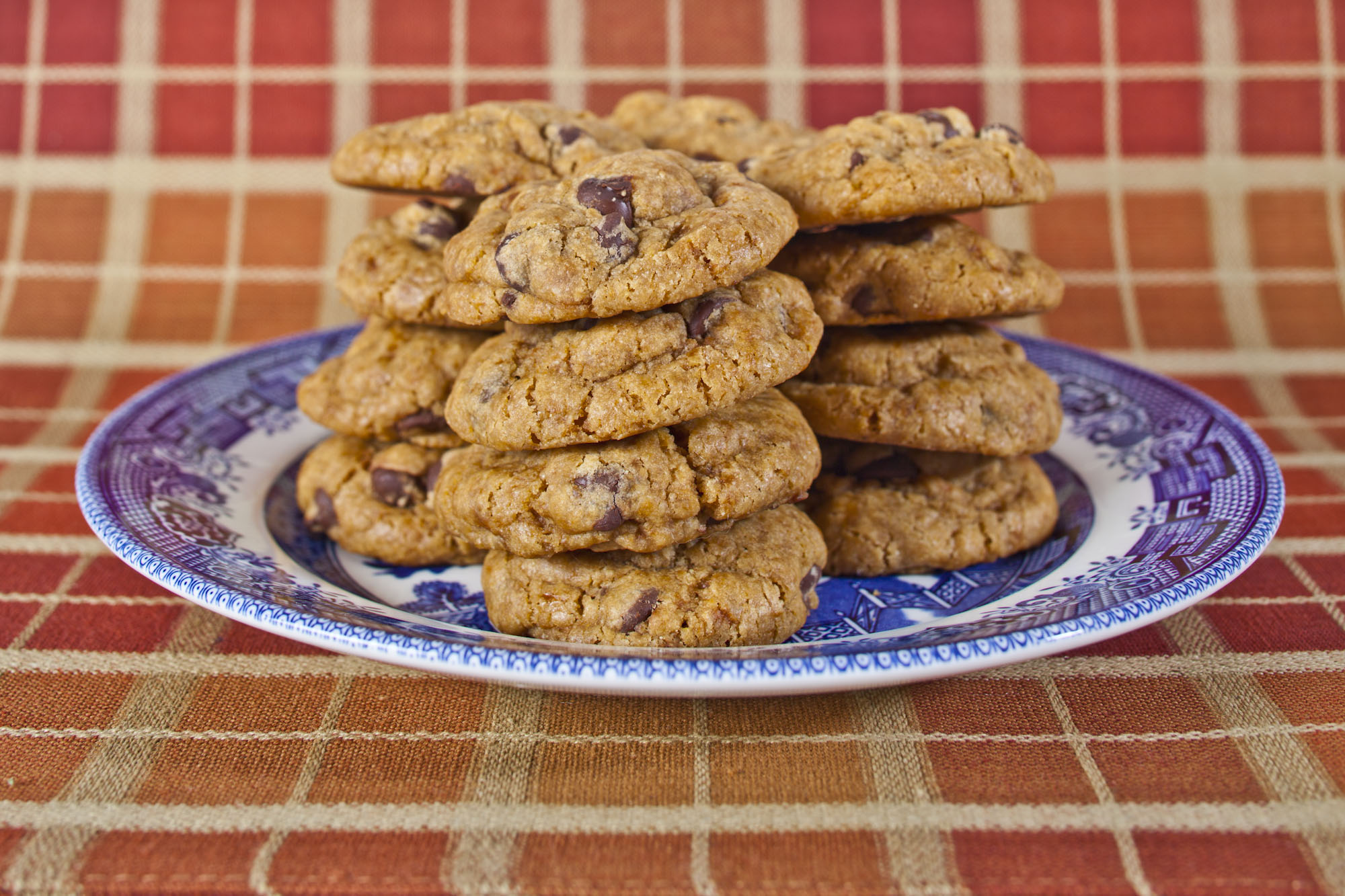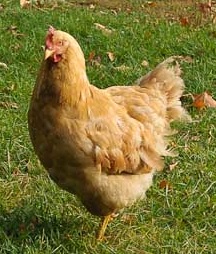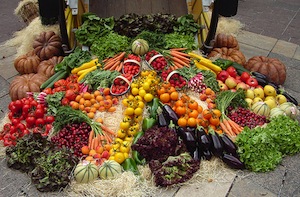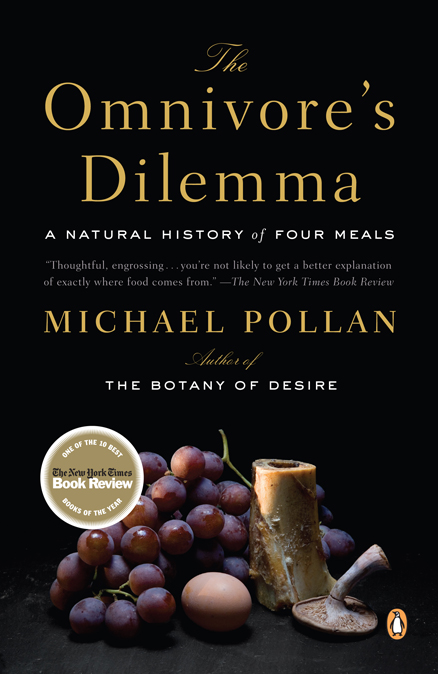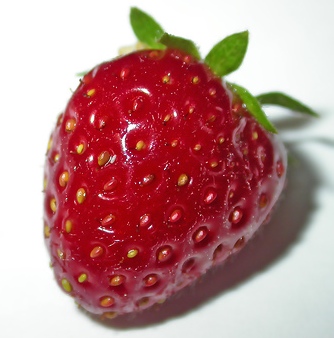Is our meat infectious?
Our food system is definitely bottoms up! Animal agriculture consumes 80% of all antibiotics used in the US and yet our meat is covered with infectious bacteria. Multiple studies across the US and Canada show that our meat is contaminated with a variety of infections bacteria, some of which is resistant to multiple antibiotic types.

